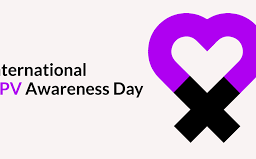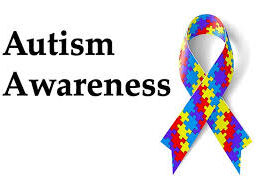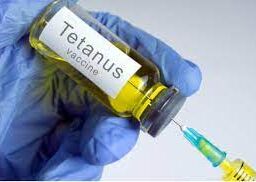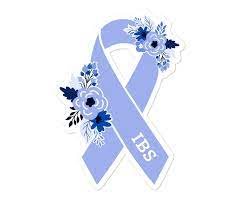
Colorectal Cancer Awareness: The Importance of Early Detection and Regular Screenings
Colorectal cancer, the third most common cancer in the United States, affects the colon and rectum. This Month, let’s emphasize the importance of early detection and screening to prevent and treat this prevalent yet preventable disease.

The month of March is dedicated to raising awareness about colorectal cancer, a type of cancer that affects the colon or rectum, and also the third most commonly diagnosed in both men and women in the United States. It is estimated that there will be over 100,000 new cases of colon cancer and over 44,000 new cases of rectal cancer in the United States in 2021.
Overview of colorectal cancer
It is also known as bowel cancer, is a type of cancer that starts in the colon or rectum, which are parts of the digestive system. It typically begins as noncancerous polyps on the inner lining of the colon or rectum, which can gradually turn cancerous over time.
Signs and Symptoms: The signs and symptoms of can vary, and some individuals may not experience noticeable symptoms in the early stages. However, common indications may include changes in bowel habits (such as diarrhea or constipation), blood in the stool, abdominal discomfort or pain, unexplained weight loss, fatigue, and a feeling that the bowel does not empty completely. It’s crucial to note that these symptoms can be caused by various conditions, and not all indicate cancer. Nevertheless, persistent or unusual symptoms should prompt medical evaluation.
Diagnosis involves a series of medical procedures and tests. Physicians often begin with a thorough medical history and physical examination. Screening tests, such as colonoscopies, flexible sigmoidoscopies, and stool tests, play a crucial role in detecting the presence of polyps or cancerous growths. If these tests suggest the possibility of cancer, further diagnostic procedures, such as imaging studies (CT scans, MRI), biopsy, and blood tests, may be conducted to confirm the diagnosis and determine the extent of the disease (staging). Early diagnosis is vital for effective treatment, emphasizing the importance of regular screenings and prompt medical attention for concerning symptoms.
The good news is that colorectal cancer is preventable and treatable with early detection. Screening tests can detect precancerous polyps in the colon or rectum, which can be removed before they turn into cancer. It is recommended that individuals at average risk begin screening at age 45, while those at higher risk may need to start screening earlier. This month, let us spread the word about the importance of screening and early detection to help save lives.
Disclaimer: The information provided in this content is for general informational purposes only. It is not intended as medical or healthcare advice, diagnosis, or treatment. Always seek the advice of a qualified healthcare professional with any questions you may have regarding a medical condition or healthcare decisions.
















